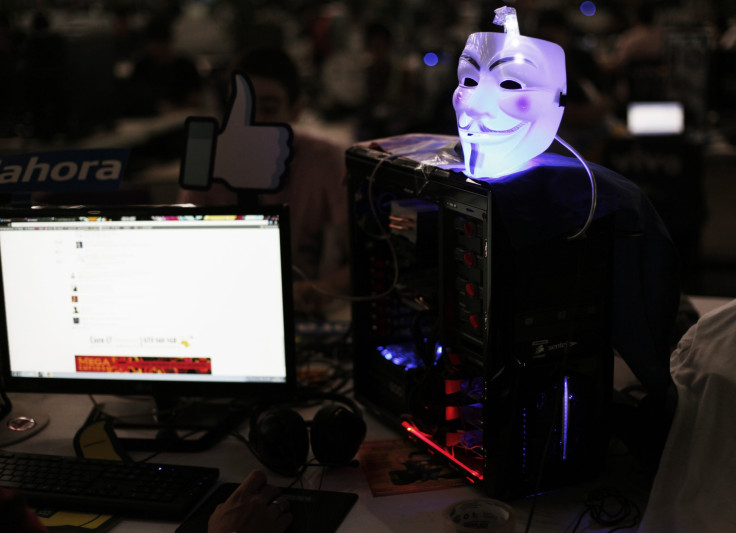Anonymously Download Torrents Safely With A Seedbox And Private Tracker. Or Just Use Usenet.

Whether you're downloading a database of academic papers from a university network or stealing movies from the Pirate Bay, downloading torrents can be dangerous. Because you're connecting to many computers at once, there's a significant chance a user on the other end could be spreading malware or worse.
The very nature of torrent technology makes users vulnerable. Rather than downloading a file from a single source like the iTunes store, for instance, users download bits and pieces of their torrent file from hundreds or thousands of other users (known as seeders). A swarm is created when seeders and downloaders connect.
While a larger swarm means a faster download, it also creates more of a risk for users. Simply put: the more seeds a downloader connects with the higher the likelihood that a computer in that swarm actually belongs to someone working on behalf of a Hollywood studio, a government censor, or someone spreading malicious software.
Luckily there's an entire community of Internet users who don't want their download activity monitored. There's proxy services, virtual private networks and, when all else fails, streaming. Here are some of the most reliable options for downloading torrents safely:
Seedbox
“Seedbox” is basically a fancy word for a private server used to upload and download digital files. It acts as a private server that handles all your torrent traffic, usually with an insanely fast download speed (look for something with a 100MB/s speed, that should be enough to download 1 GB in a few minutes). Once a file is downloaded to your seedbox you can then access it with your home computer.
You can buy your own physical server or rent space on a virtual seedbox in the U.S. for between $20 and $100 a month depending on the desired speed and storage.
Sign Up For A VPN
Users who subscribe to VPN services hide their IP address, Internet traffic and downloads through an offshore proxy. When you connect to the Pirate Bay, for example, or any other page that website knows your computer's unique fingerprint as well as the computer's physical location. It doesn't take a Black Hat hacker to realize that if the FBI or a copyright enforcement firm is lurking in a torrent swarm they can easily find out who is sharing the newest episode of “Game of Thrones.”
A series of court rulings has nullified Hollywood's argument that an IP address alone is sufficient grounds to file a six figure lawsuit against an alleged copyright infringer. But why take the risk? VPNs, usually for a small monthly fee, shield all that information by re-routing a user's connection through a connection point on the other side of the globe.
Find A Private Tracker
The biggest torrent sites online – the Pirate Bay and Kickass Torrents – are known as public trackers, meaning anyone can download from them. But again, “anyone” includes people who make file-sharing risky. It's immeasurably smarter to find an invite to a smarter, more exclusive private community. Private trackers can generally only be accessed with an invite (no tips on how to find one of those, sorry) and require every participant to upload and seed a certain number of files. It's almost unheard of for copyright police to infiltrate any of these groups, though, and once you're in you can experience higher quality downloads from a trusted source.
Opt For Usenet Instead
Usenet wasn't designed for piracy, and it doesn't use torrents at all. Usenet is actually a kind of Internet bulletin board system that preceded the forums seen throughout the web today. It hosts kinds of file in NZB format and while the existence of copyrighted works there is a bit of an open secret, Usenet tends to be the place where bootleg files first appear online. There are also more practical concerns.
“I use Usenet for one reason only, fear of getting thrown in court when using torrents,” wrote one Reddit user in a post last year. “You do not upload with usenet, only download, so it is rather more difficult for you to get thrown in court with an actual case. Not to mention, Usenet is still luckily less popular than torrents due to it being harder to start up with, resulting in less legal attention.”
© Copyright IBTimes 2024. All rights reserved.





















